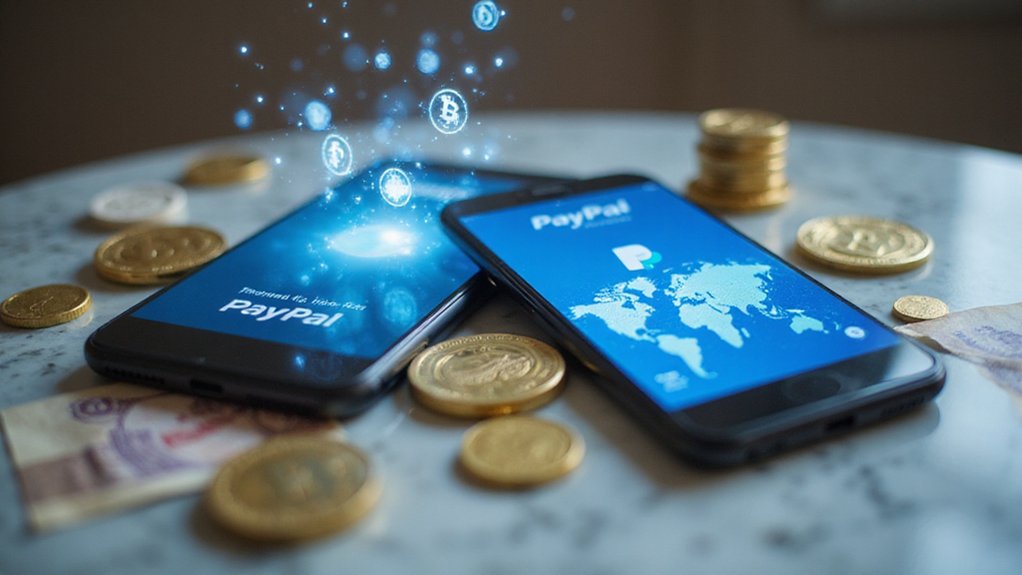Nostalgia, it seems, has found its way onto the blockchain. American Express launched Travel Stamps on September 15, 2025, transforming the quaint ritual of passport stamping into ERC-721 NFTs minted on Coinbase’s Base network—because nothing says “authentic travel experience” quite like immutable digital collectibles stored on Ethereum’s Layer 2 solution.
The initiative targets Amex’s 141 million cardholders, primarily U.S. Consumer Card Members, who apparently harbor deep yearning for commemorative travel tokens. Survey data reveals 73% of Amex travelers desired digital trip memorabilia, while 56% genuinely miss physical passport stamps—a sentiment that speaks volumes about modern travel’s increasing digitization and perhaps our collective desire to prove we’ve actually left our zip codes.
Survey data reveals a curious truth: 56% of travelers genuinely miss physical passport stamps in our increasingly digital world.
These blockchain-based stamps generate automatically when cardholders use their Amex cards for qualifying international transactions: flights, hotels, dining expenses tracked through geolocation data. Users can customize stamps with trip highlights (favorite meals, attractions, existential travel revelations), then share them across social media platforms or text messaging—because digital bragging rights require seamless distribution mechanisms.
Amex handles the technical complexity entirely, managing blockchain wallet creation and transaction fees while users remain blissfully unaware of underlying cryptocurrency mechanics. The stamps exist as non-transferable, non-tradable tokens explicitly designed to avoid speculative investment behavior, which seems almost quaint in today’s NFT landscape where digital rocks sell for millions. Leadership deliberately emphasizes these tokens as valueless digital mementos rather than investment opportunities, steering clear of the speculation that has plagued other NFT initiatives.
Privacy considerations reveal interesting blockchain implementation choices. While stamps reside publicly on Base, personal details remain protected—only country, date, and stamp descriptions appear visible, striking a balance between digital transparency and user confidentiality. Unlike traditional marketplaces such as OpenSea where NFTs face conversion challenges, these stamps bypass marketplace dependencies entirely by remaining permanently non-commercial.
The Travel Stamps integrate into Amex’s broader Passport program and forthcoming Travel App, launching September 18 on iOS. This represents Amex’s strategic push toward thorough digital travel ecosystem creation, combining booking, planning, management, and commemorative functions within unified platforms. The emotional engagement strategy could potentially boost card spending by 10-15% as cardholders seek to collect stamps from various destinations.
Whether cardholders embrace blockchain-powered nostalgia remains uncertain, but Amex has effectively gamified international spending while creating persistent travel histories ripe for future partnership integrations.
Sometimes the most revolutionary concepts emerge from addressing surprisingly simple human desires—even when they require Ethereum Layer 2 solutions.





